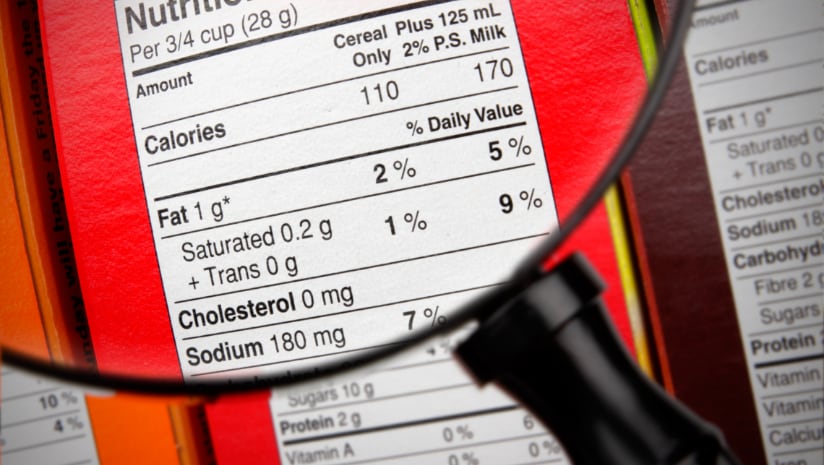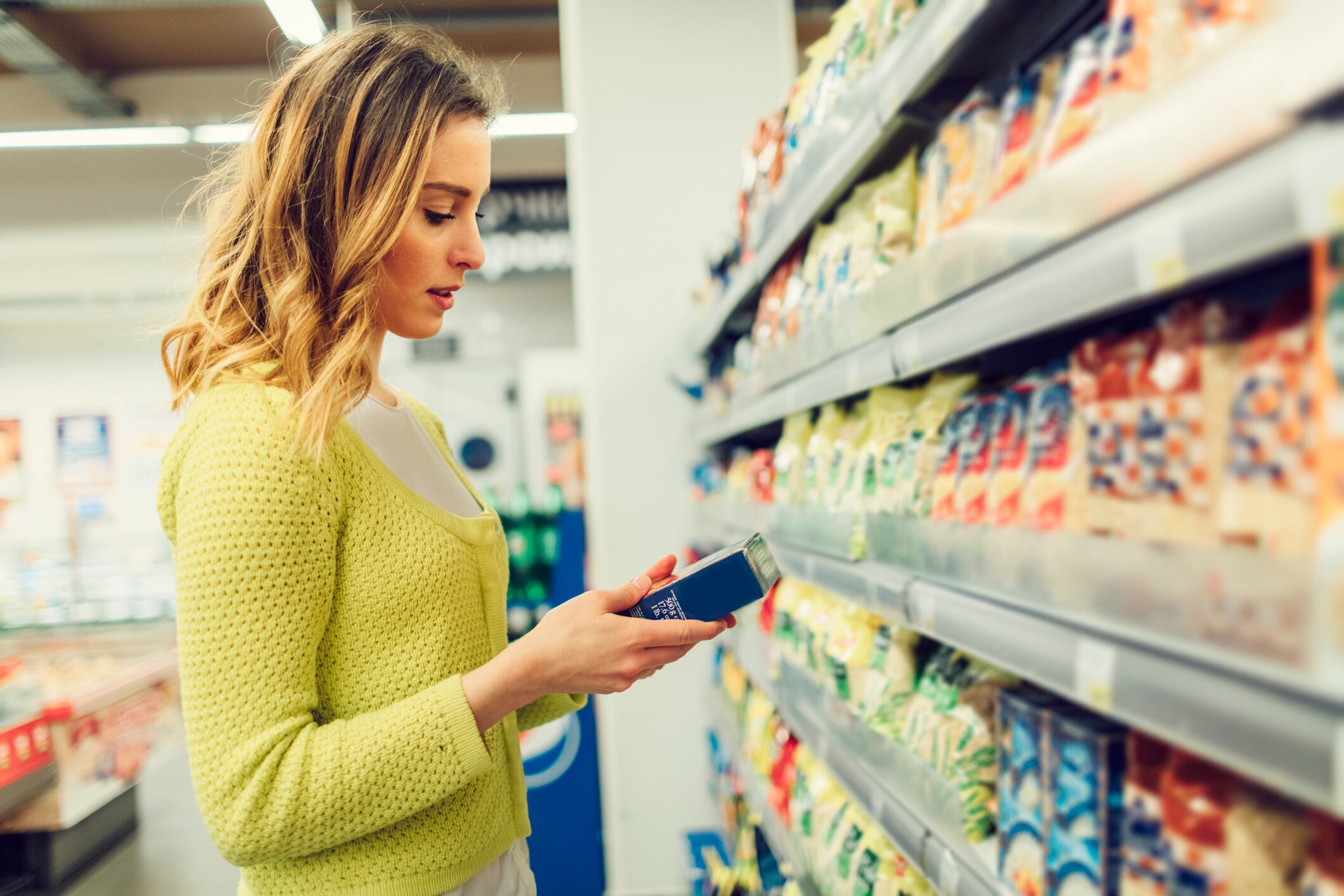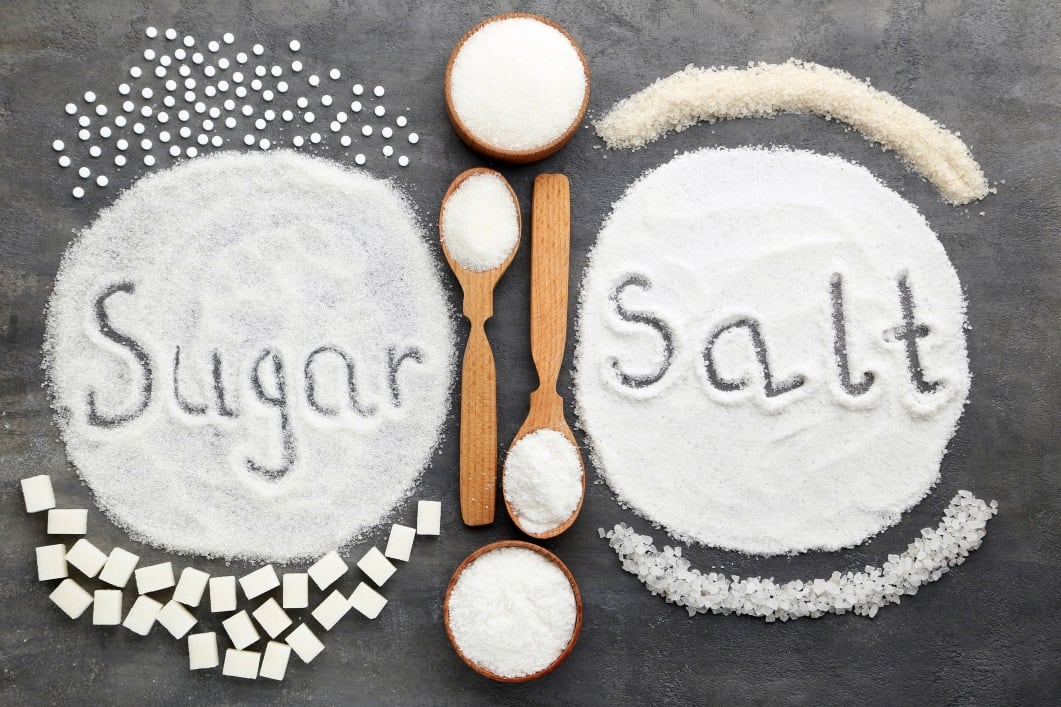Key takeaways:
- Salt and sugar reduction is fueling Kerry’s growth.
- Reformulation work is lifting margins to 16.1%.
- Global demand is strong across snacks, bakery and beverages.
In its Half-Year 2025 results, Kerry Group reported 3.0% volume growth, EBITDA margin expansion of 100bps to 16.1% and adjusted EPS growth of 9.8% on a constant currency basis.
While some of that growth came from operational streamlining, a deeper shift is at play: a surge in demand for nutritional renovation – particularly salt and sugar reduction.
The Irish ingredients group flagged increasing uptake of reformulation solutions across its Bakery, Snacks and Beverage segments, as food manufacturers respond to stricter health policies and shifting consumer preferences.
For Kerry, these reformulation partnerships are not only helping to futureproof client portfolios – they’re supporting global growth and fattening the bottom line.
“We’re supporting our customers as an innovation and renovation partner – helping them respond to health and regulatory pressures, while maintaining great-tasting products,” said Kerry CEO Edmond Scanlon. “That’s creating value for them and for us.”
Reformulation moves from tactical fix to strategic growth engine

Reformulation used to be a reactive measure – triggered by cost, policy or supply shocks. But it’s now becoming a built-in part of long-term product development strategies.
Kerry’s strongest performance came from the Americas, where it posted 3.7% volume growth, largely attributed to customer efforts to lower salt and sugar levels in mainstream products. Brands in North America are facing particularly high scrutiny, with increased focus on added sugar labeling, sodium reduction targets and the growing influence of retailer-driven nutritional standards. Kerry noted manufacturers increasingly seek out technical support to reduce sodium and sugar ‘without compromising taste’, often combining reformulation with botanicals, natural extracts and proactive health ingredients to meet broader wellness goals – especially in snacks, baked goods and functional beverages.
Globally, reformulation is no longer just a compliance play. In a market where real innovation budgets remain constrained, many brands are focusing on modernising core lines. Improving the nutritional profile of high-volume SKUs – rather than launching entirely new ones – is a more cost-effective way to appeal to health-conscious consumers and satisfy retailer demands.
This shift is evident in Kerry’s reported product mix gains. Its sugar and salt reduction technologies are being applied across both branded and private label portfolios – particularly in retail and foodservice, where recipe tweaks must preserve flavour and familiarity.
Despite subdued traffic trends, Kerry’s foodservice volumes rose 4.6% – buoyed by seasonal launches and menu innovation, much of which involved better-for-you reformulation. Quietly, this is helping restaurant chains and QSRs stay ahead of expected sodium limits while maintaining consumer loyalty.
A global trend shaped by local pressures

North America may be leading the reformulation charge, but the shift is global. In APMEA, Kerry achieved 4.2% volume growth, led by reformulation demand in Southeast Asia and the Middle East. In these markets, local regulations – including sugar taxes and front-of-pack warnings – are driving brands to adapt beverage and snack formulations quickly.
In Europe, volume growth was more muted at +0.2%, but sodium and sugar content remain central to R&D, particularly in nutritional beverages and bakery. Retailers are tightening their standards on added salt and sugars in own-label lines, and growing consumer interest in cleaner ingredient lists is pushing manufacturers toward gradual reformulation.
Kerry’s Latin America business also posted strong results, particularly in snacks and ready meals. There, regulatory frameworks such as mandatory nutrient warnings in Chile and Mexico have prompted many companies to reduce sugar and sodium levels more proactively – in part to avoid on-pack penalties that limit shelf appeal and advertising access.
Despite different legislative tools, the message is consistent across markets: reduce sodium and sugar or risk losing relevance.
Importantly, these reformulation efforts are contributing to more than volume growth – they’re helping Kerry unlock higher margins. The company’s EBITDA margin rose from 15.1% to 16.1%, driven not only by operational gains but also by ‘portfolio and product mix benefits.’
In a cost-conscious market, manufacturers are looking for solutions that solve multiple problems – enabling regulatory compliance, brand differentiation and clean label claims – all while preserving sensory experience. Salt and sugar reduction, long seen as technically challenging, is increasingly being met with mature, commercially viable ingredient systems that allow incremental reformulation without overhauling entire recipes.
And with governments expected to keep tightening the net around added sugars and sodium – from proposed nutrient profiles in the EU to the FDA’s voluntary sodium targets in the US – this looks less like a passing trend and more like the new baseline.
Reformulation is here to stay

Kerry maintained its full-year constant currency EPS guidance of 7%-11% growth and expects margin expansion to accelerate in the second half of 2025. The company is continuing to invest in its bio-fermentation and taste technology platforms – indicating it sees reformulation and health-led product renovation as central to its future growth strategy.
Salt and sugar reduction may not grab headlines, but behind the scenes, it’s shaping R&D strategies, improving product perception and – in Kerry’s case – lifting the bottom line.


